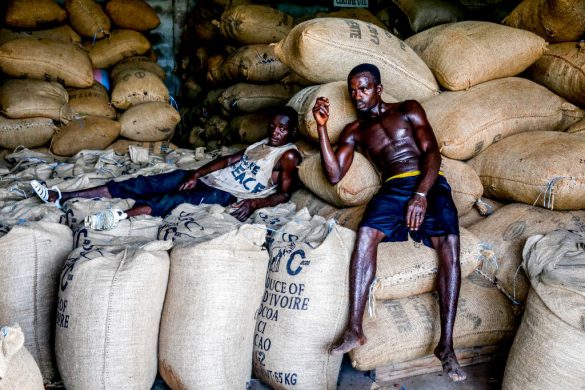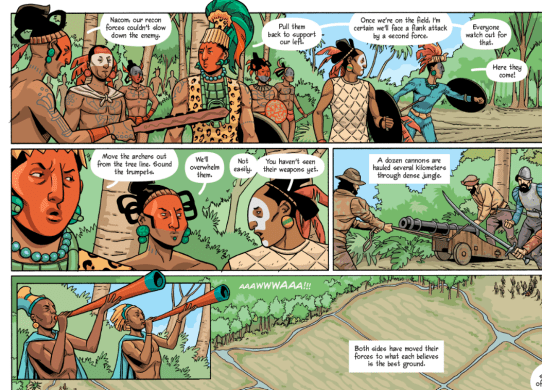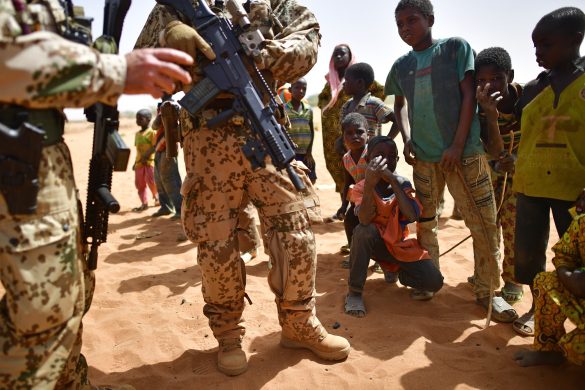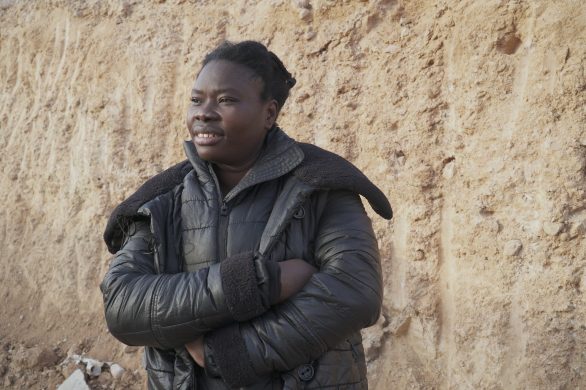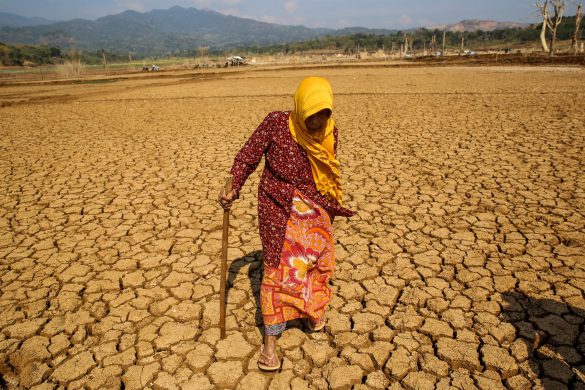ABIDJAN, 5 October, 2018 (WFP): The United Nations World Food Programme (WFP) and the Government of Cote d’Ivoire today signed a Memorandum of Understanding for the creation of a Centre of Excellence Against Hunger and Malnutrition in West and Central Africa. It will serve as an enhanced knowledge management repository of best practices that contribute to achieving the goal of ensuring no one goes hungry in the region.
The Centre, which will be based in Abidjan, will draw upon the expertise of WFP, and the specific strengths of Cote d’Ivoire and other countries in the region in family farming, postharvest loss management, malnutrition control, convergence of nutrition, community resilience and social protection.
“This centre will be an incubator of solutions and a meeting point for sharing hunger solutions adapted to the African context,” said Abdou Dieng, Regional Director of WFP in West and Central Africa. “There are a lot of successful approaches to improve food security scattered around the region, but few make it across borders. I would like to thank Cote d’Ivoire for taking the impressive step to help us harness these ideas to ensure people don’t go to sleep on an empty stomach in the region.”
Cote d’Ivoire has prioritized the fight against malnutrition and hunger in its plan to become an emerging nation. It has developed successful models for homegrown school feeding and is committed to share its expertise and resources to scale up efforts by other countries.
The regional centre seeks to replicate the successful South-South cooperation experience of the WFP Centre of Excellence based in Brazil that has assisted governments in Africa, Asia, and Latin America in the fight against hunger, while promoting sustainable school feeding models and other food and nutrition safety nets.





